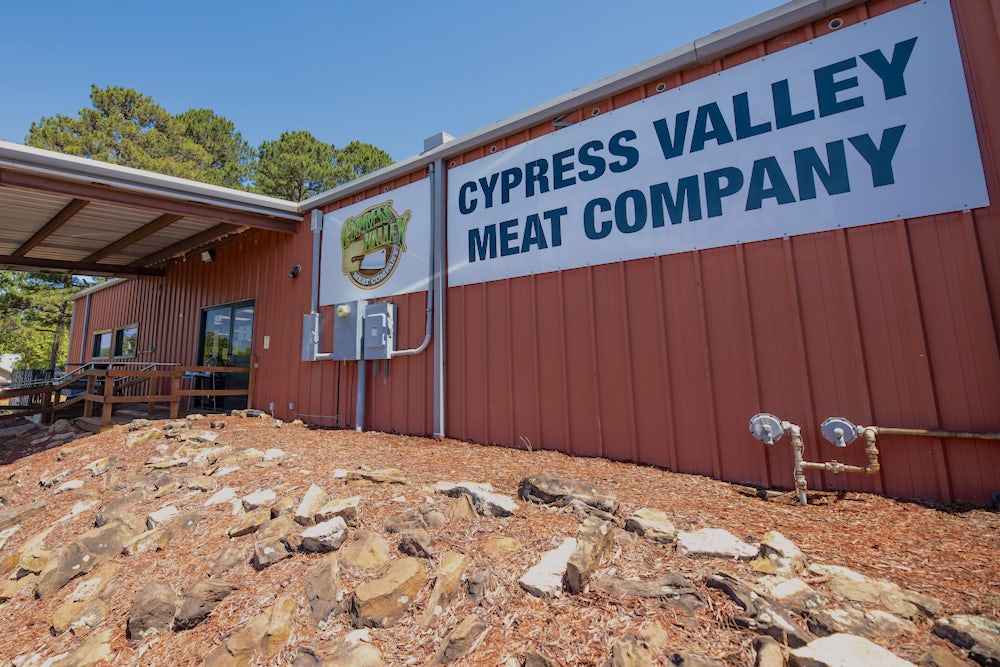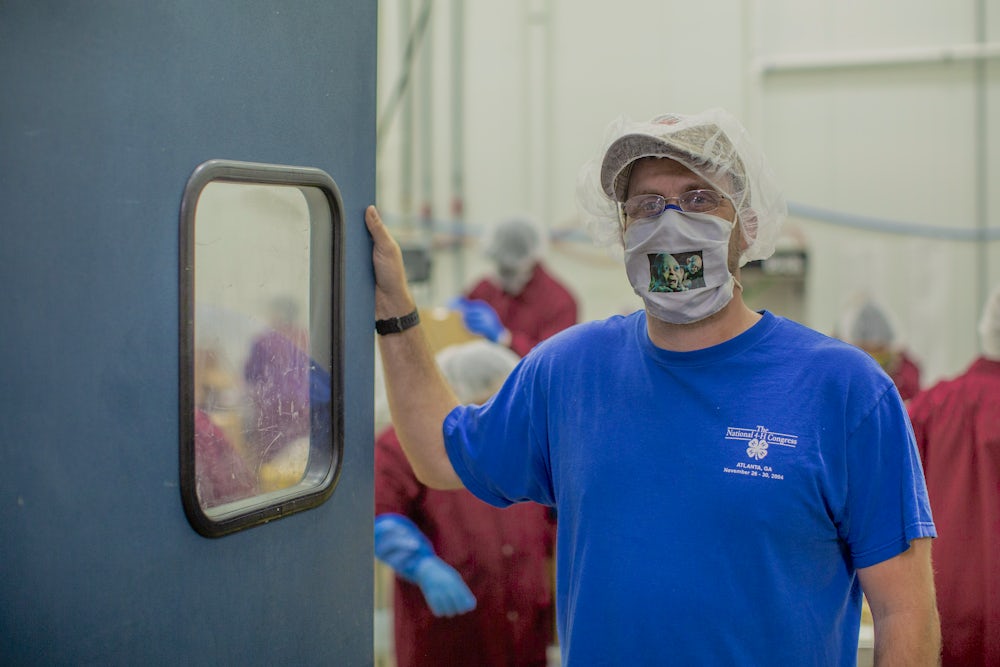Andy Shaw, owner and co-founder of Cypress Valley Meat Packing Company in Clinton, Arkansas, is shining a light on how to process meat safely and humanely, even in the face of a pandemic. As the primary meat processor for Grass Roots Farmers’ Cooperative, which was formed in partnership with Heifer USA, Cypress Valley plays a vital role in the food system, linking small-scale farmers and consumers.

But processing and packaging meat is a technical, complicated task, and it’s not always done properly. The U.S. meat processing industry has come under intense scrutiny during the coronavirus pandemic. Cramped working conditions and crowded floors have made it more difficult for many of the country’s meat processors to keep their employees COVID-free. In April and May of 2020 alone, 239 large-scale processing facilities reported a total of 16,233 cases of COVID-19 among workers, with 86 COVID-related deaths. By September 2020, 56 plants around the country were still closed due to COVID-19 outbreaks, further straining supply chains.
While large-scale meat plants struggle to control outbreaks and continue to feed the country, that has not been the case for Cyprus Valley, which continues to operate safely despite the pandemic. The secret to this public health achievement?
It starts with treating your workers well.
Shaw believes that when employees are prioritized and treated like family, they take pride in every aspect of their work, including health and safety protocols, which are essential in the meat processing business. And employees even go out of their way to improve upon them — for example, if a customer forgets a mask during a Cypress Valley pick-up order, they are provided with masks, gloves and other protective gear to use and take home. This is because an employee noticed customers weren’t always prepared, so he texted Shaw to suggest the improvement long after he had clocked out from his shift. Cody Harper, plant manager at Natural State Processing, which is owned and operated by Cypress Valley Meat, credits the business’ success to Shaw’s leadership. “It comes from the top,” Hopkins said. “The ethics and attitude of the leadership and Andy’s eye for talent have built a team of superstars who love their jobs.” Kerry Harrington, processing coordinator at Natural State, added that a company’s culture can make all the difference. “Plucking tail feathers for the right person is what showed me I didn’t want to become a surgeon,” Harrington said.

In fact, Shaw thinks more people will see the value of smaller businesses like Cyprus Valley on the heels of the pandemic. “Coming out of this, we will see a more decentralized food system,” said Shaw. A decentralized food system is one that relies on small, more localized businesses to grow, package and ship food. While large-scale producers and processors are easily grounded by disaster, a network of smaller businesses can be more resilient. For example, if one is forced to suspend operations for a time, other local processors could step in to fill the gaps and keep the supply chain moving. Lifting up and embracing more direct, regionalized supply chains could help to strengthen the entire U.S. food system, and under Shaw’s direction, Cypress Valley is building a model for the rest of the country to emulate.
